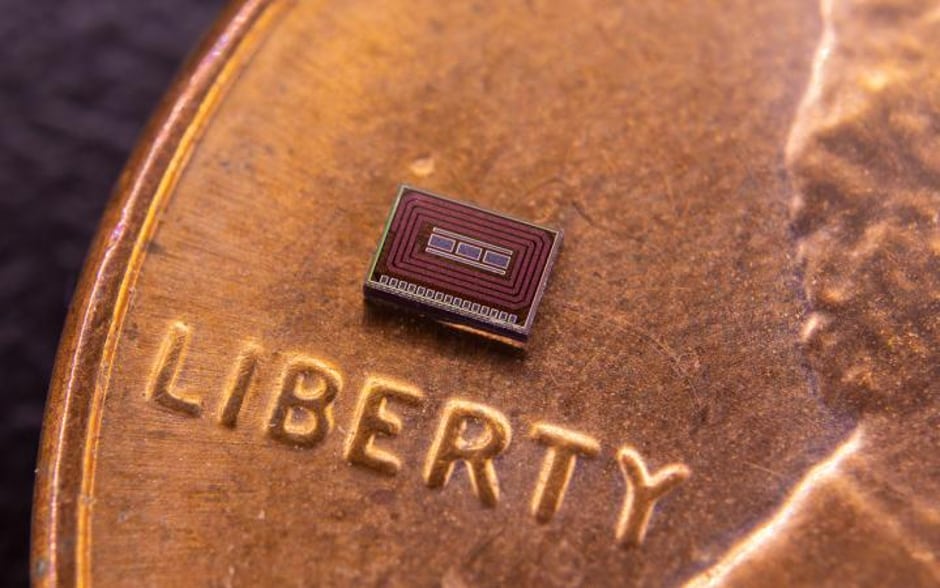Injectable biosensor could assist substance abuse treatment programs

An injectable biosensor could one day be used for continuous, long-term monitoring of people on substance abuse treatment programs.

Developed by engineers at the University of California San Diego, the chip is small enough to be implanted just beneath the surface of the skin and is powered wirelessly by a wearable device.
"The ultimate goal of this work is to develop a routine, unobtrusive alcohol and drug monitoring device for patients in substance abuse treatment programs," said Drew Hall, an electrical engineering professor at the UC San Diego Jacobs School of Engineering who led the project. Hall's team presented this work at the 2018 IEEE Custom Integrated Circuits Conference (CICC) on April 10, 2018 in San Diego.
According to UCSD, one of the challenges for patients in treatment programs is the lack of convenient tools for routine monitoring. Breathalysers, currently the most common way to estimate blood alcohol levels, require patient initiation and are not that accurate, Hall said. Blood tests are the most accurate method, but need to be performed by a trained technician. Tattoo-based alcohol sensors that can be worn on the skin are a promising new alternative, but they can be easily removed and are only single-use.
Register now to continue reading
Thanks for visiting The Engineer. You’ve now reached your monthly limit of news stories. Register for free to unlock unlimited access to all of our news coverage, as well as premium content including opinion, in-depth features and special reports.
Benefits of registering
-
In-depth insights and coverage of key emerging trends
-
Unrestricted access to special reports throughout the year
-
Daily technology news delivered straight to your inbox










Water Sector Talent Exodus Could Cripple The Sector
Maybe if things are essential for the running of a country and we want to pay a fair price we should be running these utilities on a not for profit...